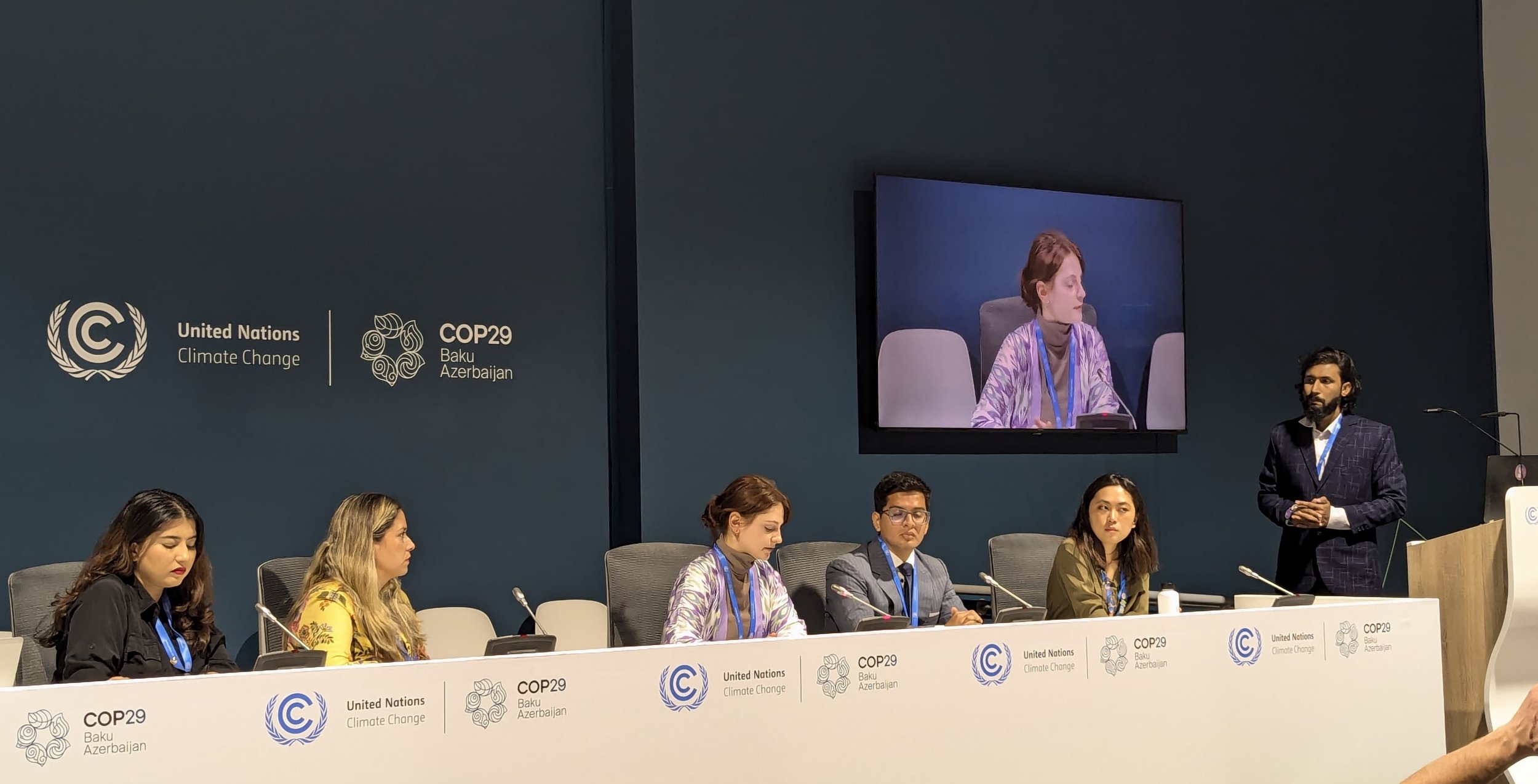“Women and girls are critical to unlocking a planet within which people can thrive.” Benjamin Schachter, a Human Rights Officer and a focal point on climate change and the environment at the Office of the United Nations High Commissioner for Human Rights (OHCHR). Tracing back…
The role of forests in enhancing sustainable conservation and utilisation of wildlife resources
Forests are among the most complex ecosystems in the world, supporting many layers of life, from canopies, to undergrowth, to the microbial life at the bottom floor of the forests. Additionally, forests have strong historical, social and cultural attachments, developed over centuries, for adjacent communities.
Wildlife Conservation in a Snapshot
Among many other roles, healthy wildlife and wildland resources are the cornerstone of maintaining the ecological equilibrium of nature. Presence of wildlife shapes the character of its habitat, continually supporting the evolutionary adaptations of all complex ecological interactions in its environment, and on Earth. The presence of wildlife is an effective way to…
Venezuela: Mining impacts on Indigenous Communities
Increasingly, the traditional territories of Indigenous communities in Venezuela have become areas where Colombian Guerrillas, illegal miners and Venezuelan military forces openly cooperate to mine, coercing them to destroy their own ancestral lands, resulting in a large migration to neighboring countries, most notably Brazil. And yes, you read it right. The crises that Venezuelan Indigenous communities are facing are so devastating that they have no option but to go to the very same country that is all over main stream media because of the environmental crisis.
The Double-Edged Nature of Land: A Practical Analysis of the IPCC's Special Report on Climate Change and Land
“[…] the IPCC’s SRCCL shines light on interlinked global challenges like climate adaptation and mitigation, desertification, land degradation and food security, whilst suggesting land-related actions/NBS that can mutually benefit all these areas. Whilst much of the current discussion misguidedly focuses on singular individual lifestyle changes, just like with the Special Report on 1.5C, we urgently need large-scale and context-dependent action that is participatory, inclusive, multi-sectoral, and actively considers ecological, social, economic, cultural and institutional factors.”










